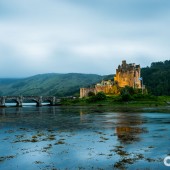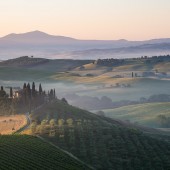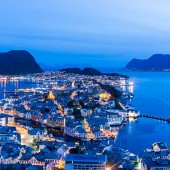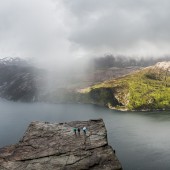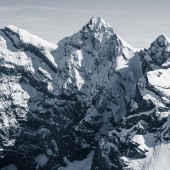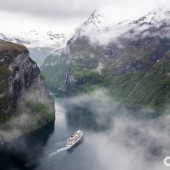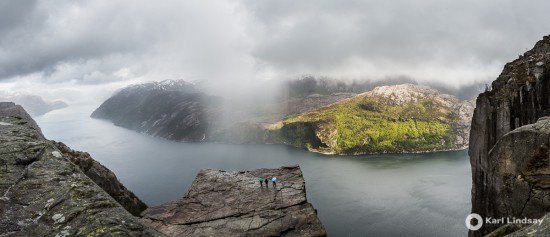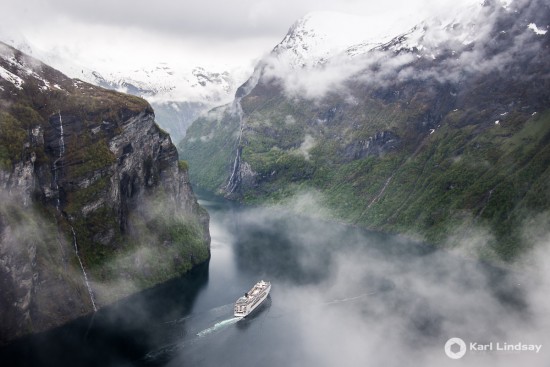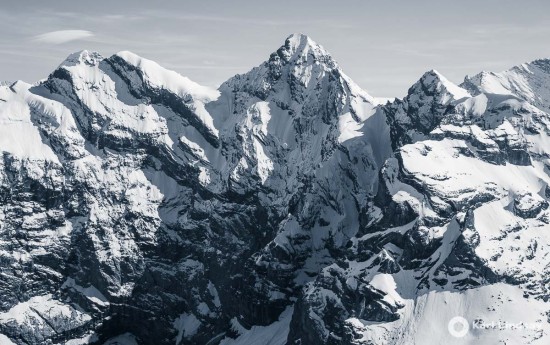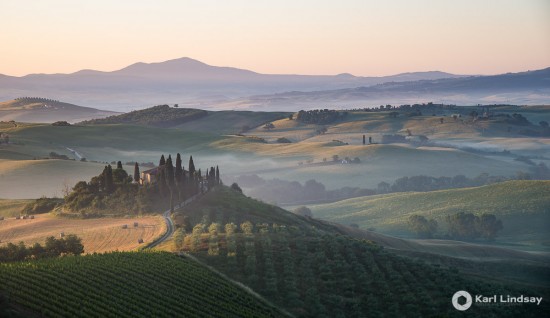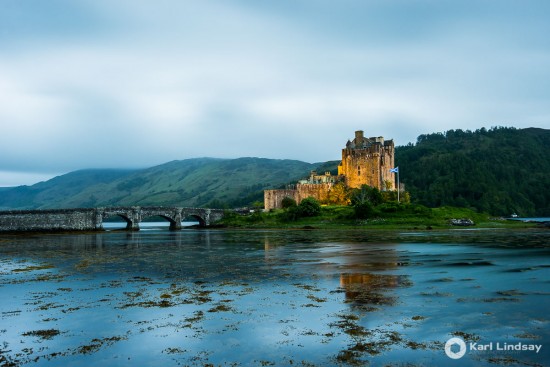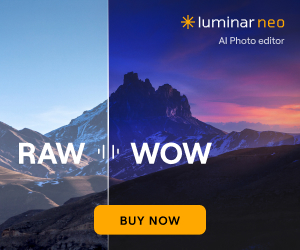My name is Karl Lindsay and nature photography is a big passion of mine. You can see my work in my portfolio or follow me on Facebook and Instagram. I recently got back to Australia from a family road trip through Europe. We packed a lot into one trip, driving through 12 countries over 6 weeks. I was particularly looking forward to seeing the fjords in Norway, Tuscany and Cinque Terre in Italy, and the Isle of Skye in Scotland.
I shoot with a Nikon D610 (Nikon replaced my D600 because of the sensor issue) and use a Nikon 28-300mm and Samyang 14mm for my night photography. During the trip I also used my brother’s Nikon 24-120mm and Tokina 16-28mm. While in Switzerland, my camera fell off the tripod (I didn’t have it on tight enough) and my 28-300mm would no longer focus when using wider focal lengths. I ended up adding a Nikon 18-35mm to my kit, which I ordered on Amazon.co.uk and picked up from a friend in London when we arrived there before going up to Scotland.
Our trip was from May 12 to June 26 and unfortunately we were rather unlucky with the weather. We didn’t get any stunning light but instead had overcast conditions in Norway and Scotland almost the whole time we were there and in Italy we had clear blue skies. The blue sky was definitely beautiful vacation weather, but these conditions don’t always make for great photography.
However, I still came home from the trip with a number of photos I’m quite happy with and want to share with you some tips on making the most of your photography, whatever weather rolls your way.
We got hailed on shortly before I took this photo, which accounts for the lack of tourists on the famous rock. When the weather is moving fast like it was here, breaks in the cloud can often give you some dramatic light to just a portion of the frame. Watch the clouds and wait for the light to come.
The time-lapse above was over a period of 50 minutes while we waited for the cruise ship to leave. The fjord filled up with low level cloud and then it all dissipated a few times before it eventually left. Low cloud can often move fast with different air temperatures around. Again, be patient and wait for the right amount of clouds.
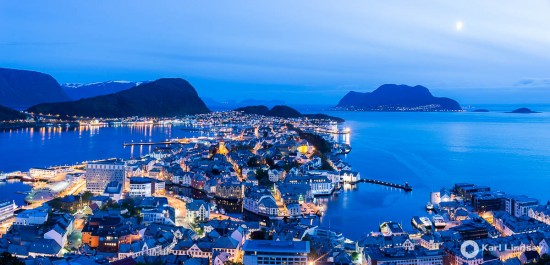
‘Midnight Light’ — 2 shot panorama, landscape not vertical. 13 sec @ f/8, ISO 200 and 35mm (28-300mm)
This was one of the few times in Norway where we got to see some a little clear sky. This is a two shot panorama looking out over Ålesund. I shot this after midnight, and to be honest, the arctic light was almost unbelievable. When you’re out in a beautiful location, stay up later or get up earlier than you normally would and show off the location in a way that most tourists aren’t likely to see it.
When you get stuck with blue skies, look for textures or patterns and shoot to convert to black and white. Snowy mountains are great for this! This was shot from the Shilthorn Viewing Platform, Switzerland.
When you’re stuck with blue skies at sunrise, try and capture the light playing with the landscape and exclude the sky from your photo as much as possible. Remember, you still want a balanced image though, so don’t get rid of it completely, unless the situation calls for it.
If you have an interesting idea for a guest post, you can contact me here.
